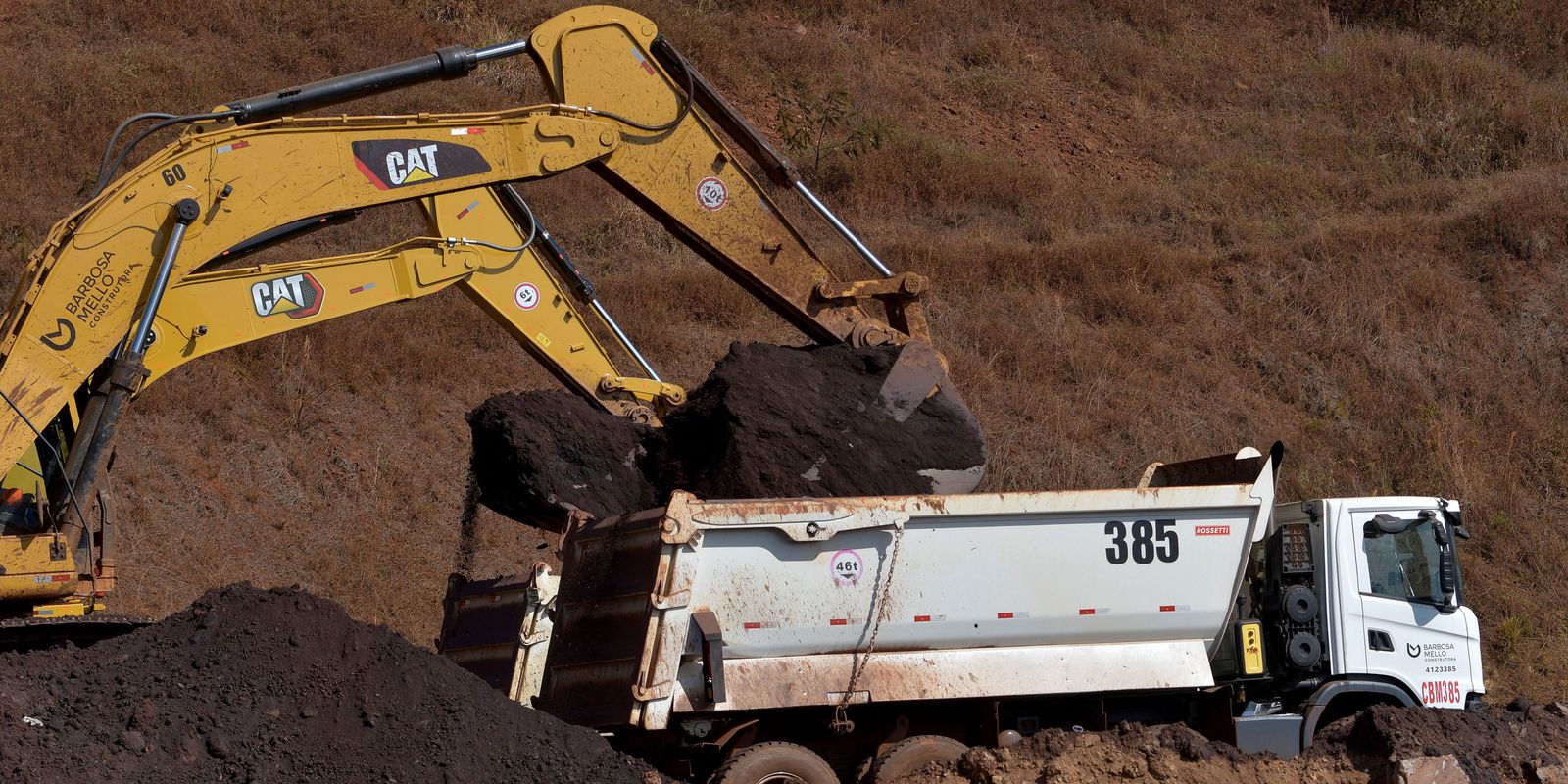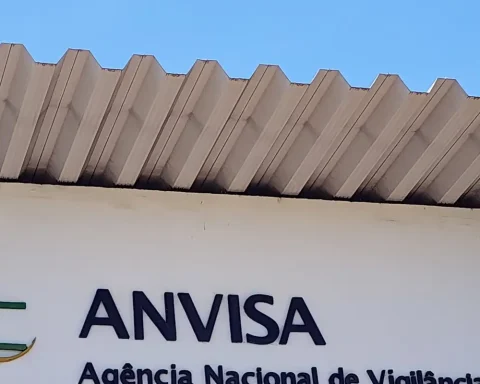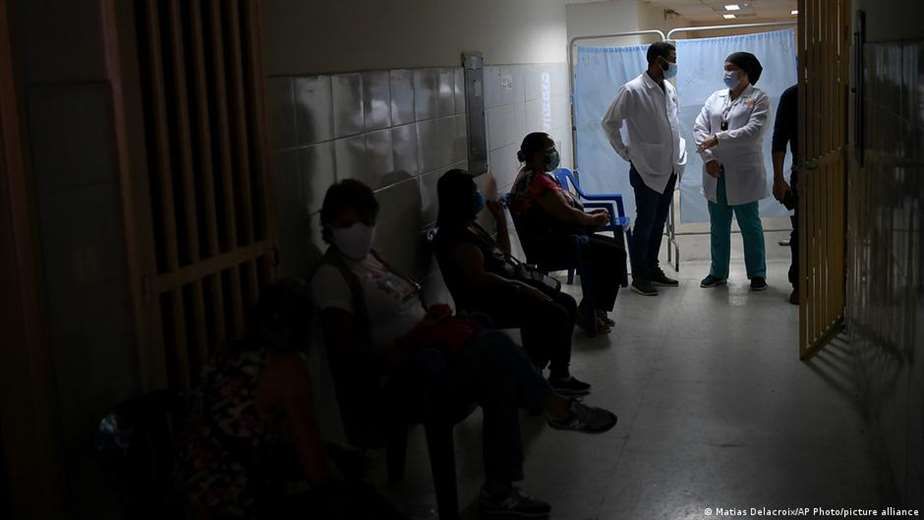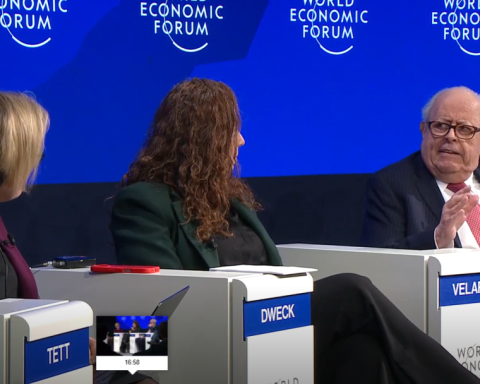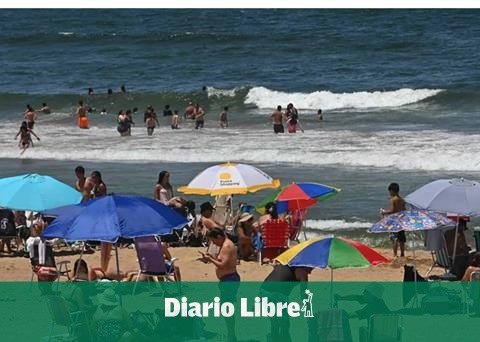Sand produced from the reuse of iron ore tailings in the operations of mining company Vale in Itabira (MG) can be used to pave roads, with environmental and economic benefits. This is the conclusion of a study developed in the last five years by Vale, in partnership with the Federal University of Itajubá (Unifei) of campus Itabira. 
The research demonstrated the potential of sustainable sand for application in road pavements. The results of the tests, carried out in the laboratory, showed an increase of more than 50% in the useful life of the road and a reduction of around 20% in the costs of the work, through the use of the input in all layers, compared to pavements built with traditional materials such as crushed stone, soil and natural sand.
Already successfully used in the civil construction market, Vale’s sustainable sand also results in gains for the safety of the company’s operations, by reducing the disposal of tailings in dams, and constitutes an alternative to the consumption of natural sand, the second most exploited resource in the world. world after water.
The researchers now want to confirm the conclusions of the study on road paving, by monitoring an experimental track, built in the operational area of Mina Cauê, in Itabira. This first road with asphalt coating, created by the mining sector, is entirely monitored by instruments, informed the executive manager of Environmental Licensing at Vale, Rodrigo Dutra Amaral.
“With a length of 425 meters, the track is made up of four layers with different mixtures of Vale sand and has 96 sensors for pressure, temperature, deformation and humidity, which will provide data on the performance of pavement structures subject to constant traffic loads. and the real weather conditions”, affirmed Amaral.
The information will be analyzed for two years by Unifei of the Itabira campus and by the Federal University of Rio de Janeiro (UFRJ), in addition to being shared with the Transport Research Institute (IPR) of the National Department of Transport Infrastructure (DNIT), aiming at the creation of a technical collection and the standardization of the method, added the manager.
investments
Vale’s investments in research and innovation for the application of sustainable sand in road pavements total more than R$ 7 million.
Vale’s manager, Marina Dumont, said that this market offers good opportunities for new business for the company, resulting in direct benefits for the community. “We promote the circular economy in operations, with the reuse of material that would be discarded in piles and dams. Each kilometer of highway can consume up to 7 thousand tons of waste generated in the production of iron ore. In the state of Minas Gerais alone, we have approximately 250,000 kilometers of unpaved roads,” she recalled.
The technician responsible for the research, engineer Laís Resende, from Vale, stated that the sand acts as a reducing agent for the consumption of cement and lime, in addition to reducing by up to 6% the consumption of petroleum asphalt cement (PAC), considered one of the more expensive for this type of work.
Since 2015, Vale has invested around R$50 million in different lines of research, which seek to assess the technical potential of iron ore tailings and sands from the treatment of tailings in the application of precast, paving, artificial rocks , geopolymer and binders, among others.
In addition to asphalt paving, Vale is also studying the application of sustainable sand in vicinal paving (rural roads), in which approximately R$1.6 million is being invested, and in railway paving, whose value is around R$6. millions.
Sustainability
The company has applied for a patent with the National Institute of Industrial Property (INPI) for a technology that uses sustainable sand in the production of asphalt coatings. The product was developed with commercial quality, aiming at the application in the civil construction market from adjustments in the iron ore operation in the state of Minas. The sandy material, previously deposited in piles and dams, is processed and transformed into a product, following the same quality controls used in iron ore production.
Last year, the company processed around 250,000 tons of sustainable sand. This year, Vale has already agreed on the destination of around 1 million tons of sand. It is estimated that in 2023 this number will double to 2 million tons.
The company informed that its main focus, with the production of sustainable sand, is the sustainability of iron ore operations, minimizing environmental liabilities, in addition to seeking to promote employment and income through the generation of new business.
According to Vale, the sand resulting from the treatment of iron ore is a 100% legal product, with high silica and low iron content, in addition to high chemical and granulometric uniformity. The material does not present dangerous characteristics in its composition because the mineral processing to obtain the sand is essentially physical, without changes in the composition of the materials, assured the company. This sand can be used for concrete, mortar, prefabricated, artifacts, cement and road and vicinal paving.
Reduction of dams
Vale highlighted, among other initiatives to reduce the use of dams, the construction of four tailings filtration plants that will even help in the production of sand. The two plants inaugurated at the beginning of the year, at the Cauê and Conceição plants, will be able to boost the production of sustainable sand in Itabira, as they reduce the percentage of water in the tailings, enabling both the dry stacking of the material and the interest of the market by the product.
The Vargem Grande Complex, in Nova Lima, already has the technology, and a fourth tailings filtering plant should be inaugurated in the second quarter of the year, at the Brucutu Mine, in the municipality of São Gonçalo do Rio Below.
Vale has already obtained environmental authorization for the production of sand at the Viga Mine, in Congonhas. Other company mines, also located in Minas Gerais, are in the process of environmental regularization for the production of the input.
education
Vale allocated more than R$ 3 million to scientific research carried out by Unifei do campus of Itabira, including the acquisition of equipment for the laboratories of the Mobility Engineering course, considered a reference in the state in the paving area.
For professor Sérgio Soncim, coordinator of the research at Unifei in Itabira, “the study partnership model that Vale develops with Unifei is extremely important for the development of scientific research in Brazil”.
